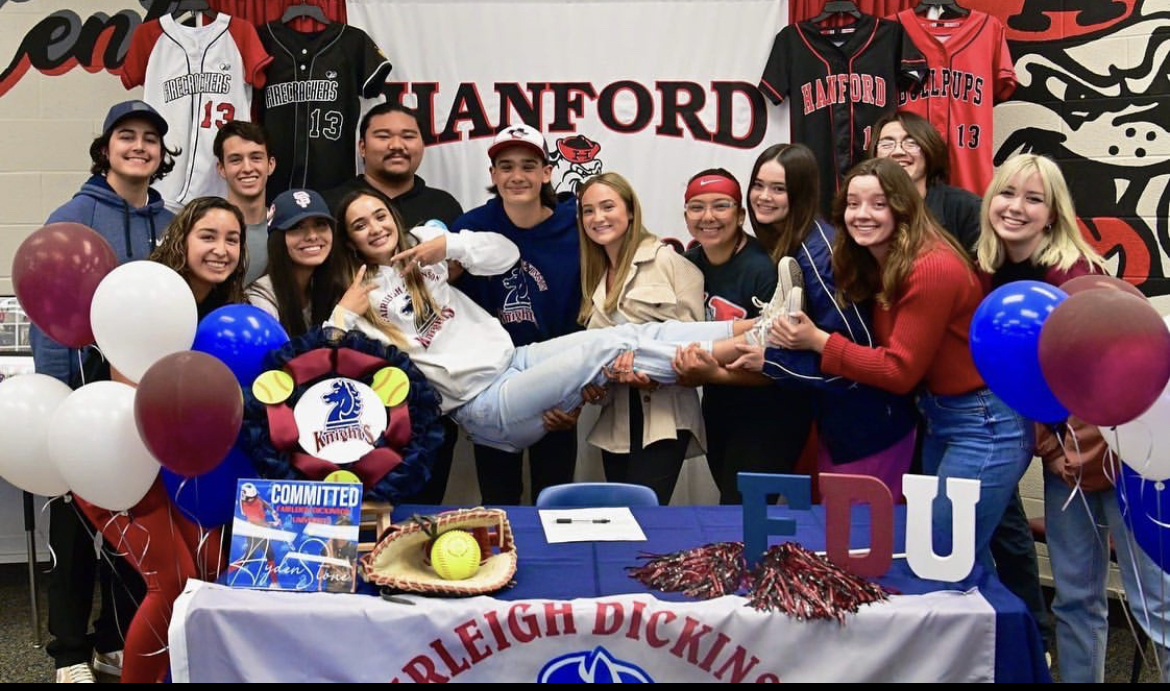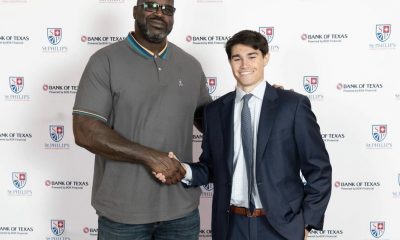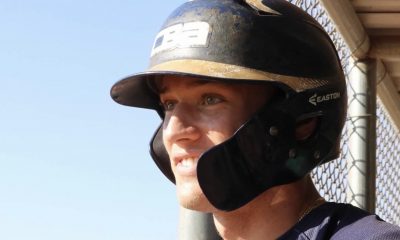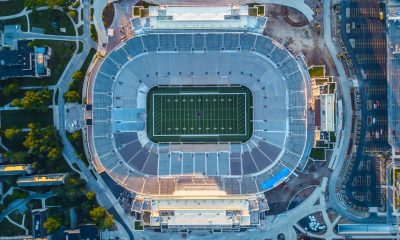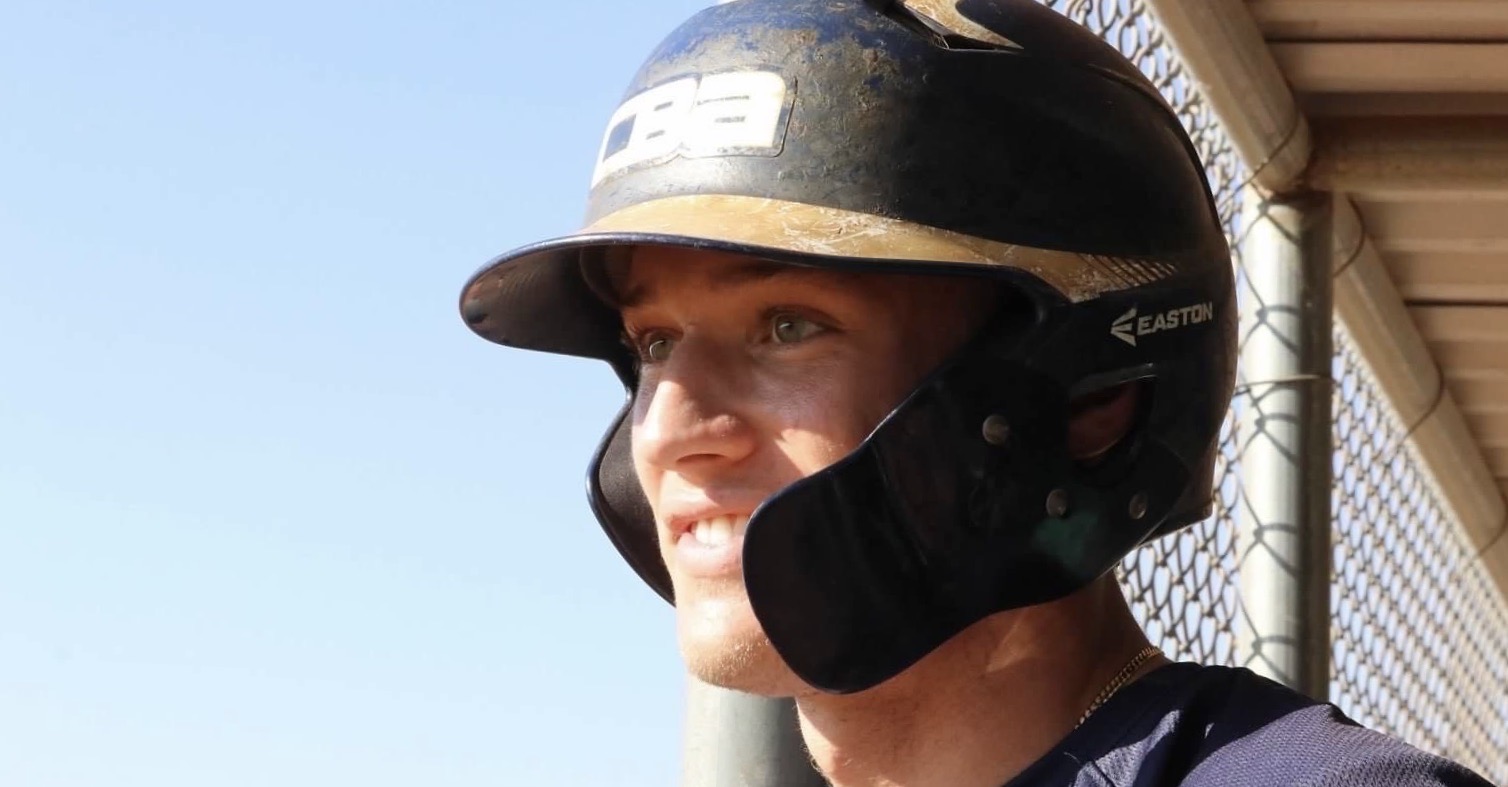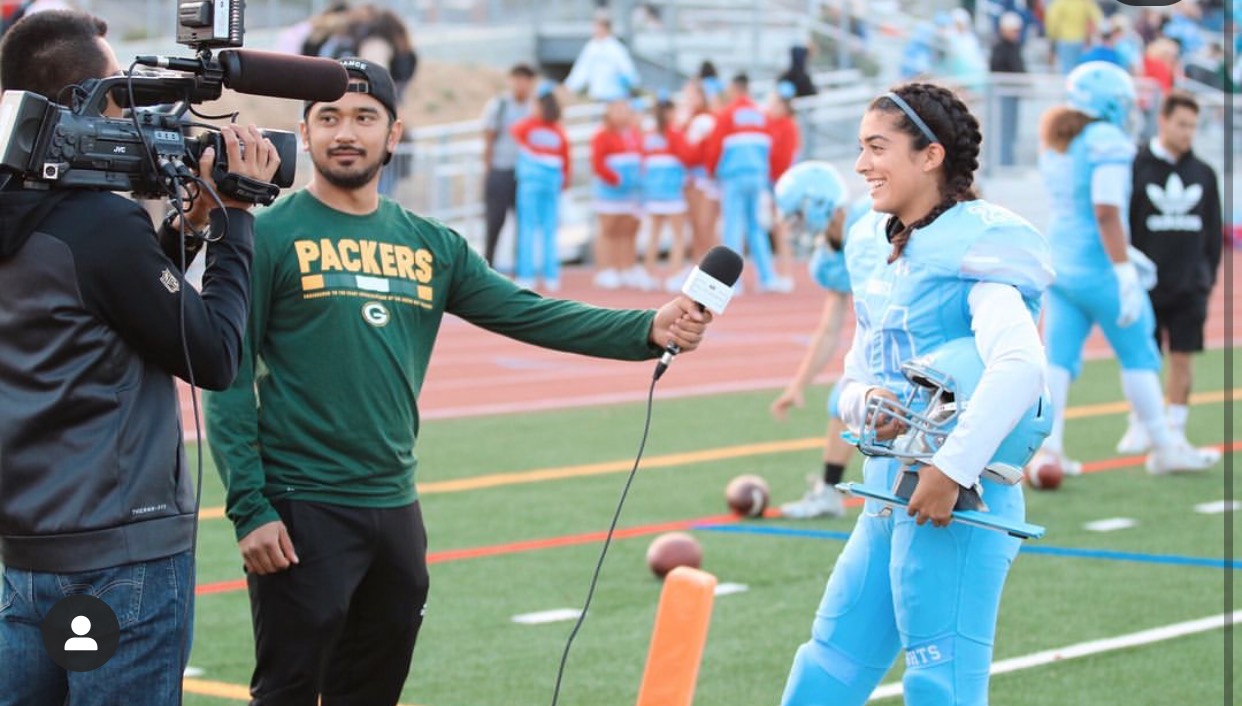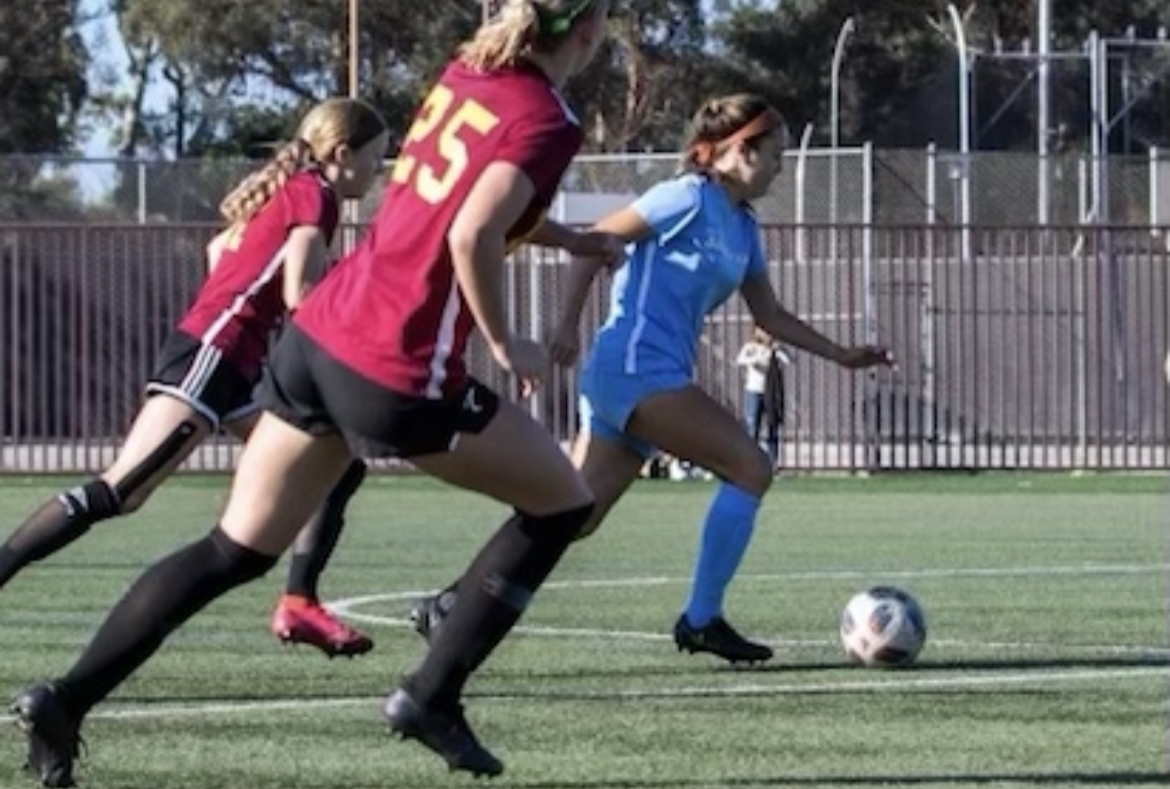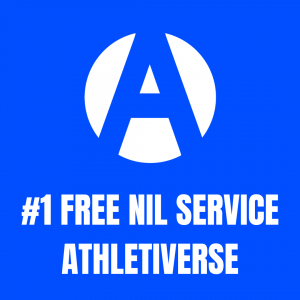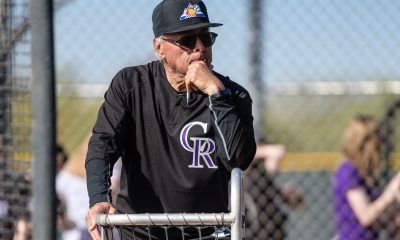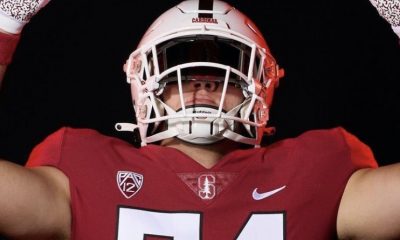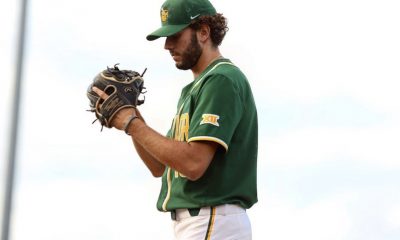So my sophomore year of high school, I was pulled up from junior varsity to play on the varsity team for the first round of playoffs against Redondo.
I had to choose between playing lacrosse and playing for the varsity team, and since soccer is my everything, I decided to play with the varsity team.
The coach put me in at forward during the game and told me to run as hard as possible even though I was a center back, so I wasn’t used to this approach. The ball was kicked over my head, so I took off and started sprinting.
While running towards the ball, I got my foot stuck when I knicked another girl’s knee, then my knee turned and poped. Suddenly, the whistle was called for half, and no one realized I was hurt until one of the assistant coaches came over to check on me.
I couldn’t straighten my leg, and the trainer for the other team did his best to get me to straighten it, but I couldn’t.
There wasn’t much he could do because I was in so much pain. I got home that night to my dad (an er doctor), and he did the ACL test and said it wasn’t that, so I just spent the next couple of days taking it easy because I couldn’t walk on my leg.
I went to an orthopedist, and he had me get an x-ray. His initial thought was a meniscal tear, and I would be back within the month. He ordered me an MRI, and I went that same night with my parents. When I got the results back, I remember the doctor reaching for tissues, so I knew it was bad.
He told me I fully tore my ACL, MCL, and meniscus. He said that I would need surgery even if I didn’t want to go back to soccer because I was so young and still so active.
He put me in a full leg cast to let my MCL heal first, and then I would go into surgery. The first three days with the cast were awful, but my dad wanted me to go to a second doctor just in case, so we went to an orthopedic surgeon at UCLA who said that I needed to start walking asap.
He had a very aggressive approach, so I went in with a full leg cast and left with the cast off, and the doctor told me to walk on it as much as possible.
I had surgery within a month, but I had nonstop physical therapy during the month because if I did not have a full range of motion by the time I had surgery, I would never get it back.
I had surgery and then started the long road to recovery; my whole family was there when I went in and came out, which meant the world.
They were there to help me through it all. It was quite the process to get me in my house because it’s mostly stairs. I slept on the couch for the first few nights until I felt confident enough to go upstairs. My mom purchased a rubber cover for my leg to shower without getting my leg wet.
This recovery was during winter break, so the timing of it was actually really nice. By the time I went back to school, I had the brace off. I just leaned on my crutches and had my compression stocking on.
My physical therapy was right next to my high school, so I would walk over when I couldn’t find a ride. Physical therapy was my escape because although it reminded me of my injury, the people who worked there made me smile every time.
Bimonthly checkups with my orthopedic surgeon turned into monthly, which my doctor eventually cleared. But the aftermath would last much longer.
I think that my injury definitely changed my outlook on life.
I had been playing soccer since I was four; it was all I knew. My injuries forced me to find who I am without soccer because that was something that I couldn’t hide behind anymore. All I knew was how to be a soccer player, and it was really hard to realize that it wasn’t who I was as a person anymore.
I had always wanted to play in college, but it took me a while to even figure out if soccer was something I wanted to give another chance, mainly because I had a full leg cast, so that was how my whole high school knew me. There was a story where I was sitting with my best friend eating lunch, and a teacher walked by and struck up a conversation with me. When he found out about my injury, he said, “Oh, YOU’RE the one with the injured knee,” so even the teachers knew my story, which sucked that it was all I was anymore, the girl that got hurt…
The relationship that’s more relevant to soccer is my mom. She was at every game ever since I was little. She was there my first club practice, my first game back from my first injury, and (as you know, haha) my first game from my second injury. She took me to every club game, every tournament.
She loved it, though.
She loves watching me play because she sees how much I love it. When I was little, she forced me to play piano and make friends, but the minute she asked me if I wanted to play the next soccer season, I jumped out of my chair, screaming with excitement; it was the one thing she never did had to worry about.
She was even there when I got injured; she saw me go down and didn’t realize that I was hurt until I wouldn’t get up because I’m pretty tough when it comes to playing, so it takes a lot to take me out.
She was there for everything. She took care of me when I was nauseous from the pills after surgery. She got me soup and made sure I ate when the last thing I wanted to do was even smell food. She made me laugh and planned for some friends of mine to surprise me to lift my spirits. She missed watching me play as much as I missed playing. My mom knew all my moves; she had watched play for so long! She can always tell whether I’m about to push someone down because they pushed one of my teammates or pushed me the wrong way. Or if I was about to clear the ball or take some touches and slow the playdown, especially if I’m about to slide tackle.
She knew it all.
It was hard for her to see me struggling if I wanted to go back to soccer because she saw how much potential I had; she always thought I could go D1 if I trained and stayed healthy. She has always been my biggest supporter, and she’s so proud of me that I’m back to playing.
Beyond that, soccer was an escape in the sense that I never had to think about playing. Soccer was all muscle memory as I got older. When I was little, I could never stand still. We have many home videos where I’m just bouncing all over the field and springing back to play center defense, and it’s all I’ve ever known.
I never had to worry about making the wrong move or people getting mad at me because I knew that I would never stop until the ball was out or safely in our possession, no matter what happened. Even now, I never think about what my next move will be, which might not be the best thing, but I let my body take over.
When I was on my last club team, my left-back was my best friend, so it was even easier to play. She and I made magic on the field. It was so easy. I never had to think about what homework I had to do, if someone was mad at me, whose birthday was coming up, or even what I was having for dinner. When I play soccer, that is all that I think about, and even then, I’m not thinking that much.
Through the injuries, the expectations, highs and lows, big-time plays, poor performances, backyard games, and all the above… I have come to realize the true meaning of soccer. Soccer is all about love. It’s so much more than winning or losing games. I know, we all love winning and the grand expectations and team tournament dub IG pics, but it’s worth more than to be remembered for all that. It’s about the time spent with friends and family on endless days and nights, surfing the emotions of every moment and game out on the pitch. It’s ultimately about the people who have come along with you for the journey and who you have become in the process.
I’d argue, that’s the true meaning of sports.
